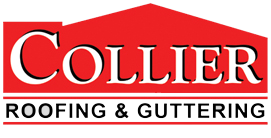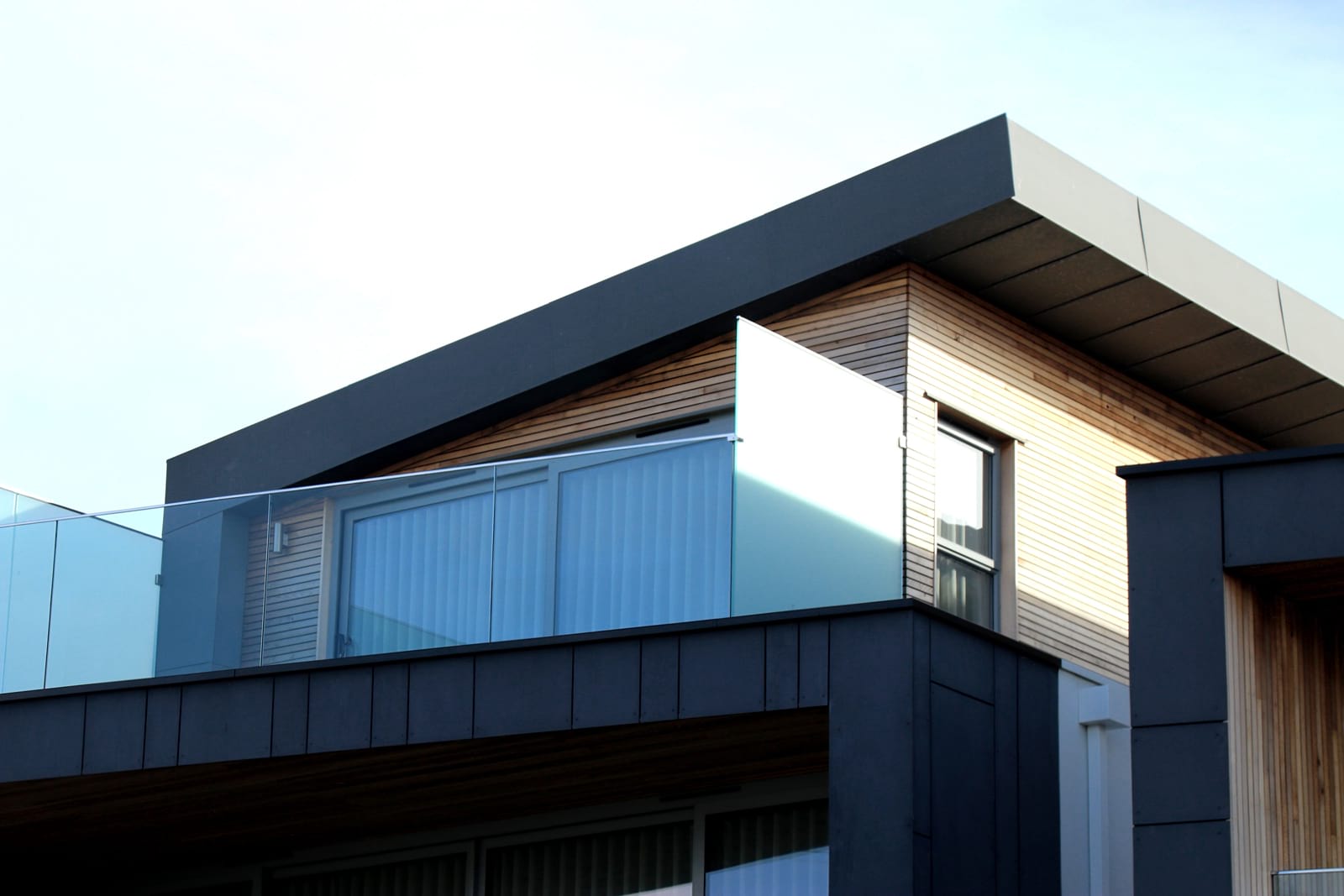Felt vs GRP Fibreglass for Flat Roofs
Flat roofing is popular throughout Surrey, Kent and surrounding areas, being ideal for property structures such as extensions, porches, garages and dormers. When planning a new flat roof, one of the key decisions you’ll make is which material to use. Two of the most commonly used products are felt and GRP fibreglass, but which one is best for your home?
Why Choose a Flat Roof?
Compact in design, flat roofs are perfect for small structures which are more of an ‘add-on’ to your property. They provide a cost-effective solution when selecting a roof for these areas of the home while also providing easy long term upkeep. While not sloped like a pitched roof, they’re angled slightly to allow rainwater to drain away from your roofing area. Flat roofs are also simpler to construct, and with fewer labour costs, they offer an affordable alternative to pitched roofs while helping to complete the work in a shorter timeframe.
Felt Flat Roofs
Felt roofing one of the most commonly seen flat roofs in homes. As long as you choose a high performing felt and use an expert installer, it’s incredibly durable, remaining resistant to moisture, rips and movement. The structure of felt roofs also includes small metal fibres which add to its strength to keep it weatherproof, repelling both heat and water. This is particularly important for avoiding flat roofing nightmares such as leaks, deterioration and water pooling if the felt used is of poor quality or not professionally installed to a high standard. Unlike flat roofs in older properties, modern bitumen has more contraction and expansion benefits, helping them to last longer than ever before.
PROS: Competitively priced, tried and tested flat roof material, suits all sizes of roof
CONS: Can lead to problems if not professionally fitted, requires a flame to install, won’t last as long as GRP fibreglass
GRP Fibreglass Flat Roofs
While felt may be the most traditional form of flat roofing, GRP (glass reinforced plastic) fibreglass is now becoming more popular. This material consists of a layer of polyester resin which is reinforced with glass fibres to form a laminated layer. Its unique construction gives it waterproofing properties for one of the most durable flat roofs on the market. The tightly bonded finish ensures your roof remains completely sealed, allowing no moisture to make its way in and a strong roof which won’t rip or deteriorate. No hot flames are required for installation, and the result is a high quality flat roof which will last for many years. Virtually maintenance free, it’s one of the easiest flat roofs to clean.
PROS: Longer manufacturer guarantees, extremely durable, jointless, lightweight, safer installations, manufactured in any colour
CONS: Higher price tag than felt
Looking for a new flat roof?
For expert roofing advice and installations, the team at Collier Roofing are here to help. We have decades of experience, delivering high quality roofing services across areas such as Caterham, Croydon and Kenley. Get in touch to find out more about the types of material we recommend for new and replacement flat roofs.

